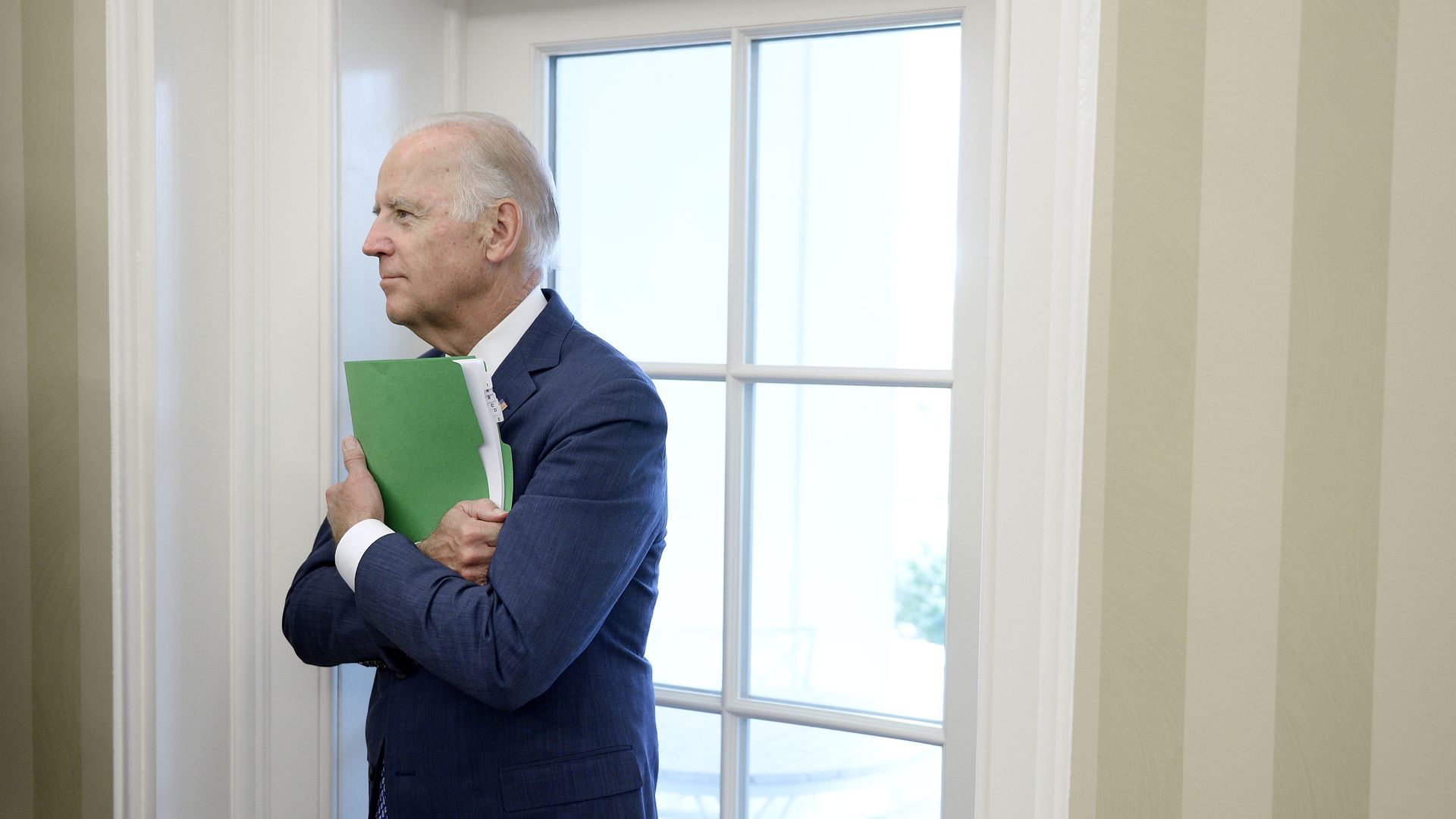
A recent survey by the Arab American Institute (AAI) unveils a substantial dip in support for President Joe Biden among Arab American constituents, predominantly due to his staunch backing of Israel amid the escalating conflict. The data illustrates a plummet from 59% in 2020 to 17% currently, marking an unprecedented shift within this demographic. Remarkably, this is the first instance in the AAI’s 26-year history of polling where the majority of Arab Americans don’t favor the Democratic party. The analysis further underscores a growing affinity towards the Republican party, with 40% expressing intent to vote for Donald Trump in the upcoming 2024 elections, a five percentage-point uptick from 2020. This trend sets a new record for Arab American affiliation with the Republican party, signaling a significant political reorientation. James Zogby, the president and co-founder of AAI, stressed the importance of recognizing this shift, articulating the necessity of understanding the community’s stance and communicating the potential risks to the administration.
This political realignment could pose challenges for Biden in the 2024 elections, especially in pivotal states like Michigan with substantial Arab American populations. The survey also brings to light a 66% disapproval among Arab Americans regarding Biden’s handling of the conflict, mirroring a broader discontent within the community. Additionally, a substantial majority (68%) advocate for halting military aid to Israel, urging the U.S. to leverage its influence for ceasefire negotiations instead. The findings also unveil a rising tide of discrimination faced by Arab Americans, particularly the youth between 18 to 34 years of age. A significant number reported experiencing bias based on their ethnicity or national origin, heightening fears within the community. The ongoing violence in the Middle East resonates deeply, with eight out of 10 respondents expressing anxiety over escalating anti-Arab bigotry and two-thirds apprehensive about rising antisemitism in the U.S.
Amid the recent turmoil in Palestine and Israel, half of the Arab American respondents expressed concerns about encountering discrimination in va
rious social settings, with two-thirds wary of showing support for Palestinians. The AAI highlights these fears, underscoring the heightened sense of vulnerability among Arab Americans. This sentiment is starkly epitomized by the horrific incident in Illinois earlier this month, where a six-year-old Palestinian boy fell victim to a fatal attack.
The assailant, 71-year-old Joseph Czuba, allegedly targeted six-year-old Wadea Al-Fayoume and his mother Hanaan Shahin in a violent home invasion, while purportedly proclaiming “You Muslims must die!” during the assault. This tragic event amplifies the fears harbored by Arab Americans, underlining the potential repercussions of the unrest overseas on their lives here in the U.S. The AAI’s findings shed light on the complex intersection of international conflict, domestic politics, and the lived experiences of Arab Americans.
The evolving political landscape as depicted by the AAI’s findings elucidates a profound transformation in Arab American political allegiances. The data suggests a substantial disillusionment with the Democratic party, propelled by Biden’s unwavering support for Israel amid the ongoing crisis. Concurrently, there’s a noticeable gravitation towards the Republican party, indicating a broader political recalibration within this demographic, as the Arab American community navigates the intricate dynamics of U.S. politics against the backdrop of escalating Middle Eastern conflict.
The broader implications of this shift extend beyond the immediate electoral prospects for Democrats or Republicans. It beckons a deeper examination of the impact of foreign policy on domestic political affiliations and the necessity for a more nuanced, inclusive approach in political discourse and policy formulation. As the U.S. strides towards the 2024 elections, the changing political inclinations of the Arab American community underscore the intricate, multifaceted nature of voter sentiment and the imperative for a more comprehensive, empathetic political engagement.